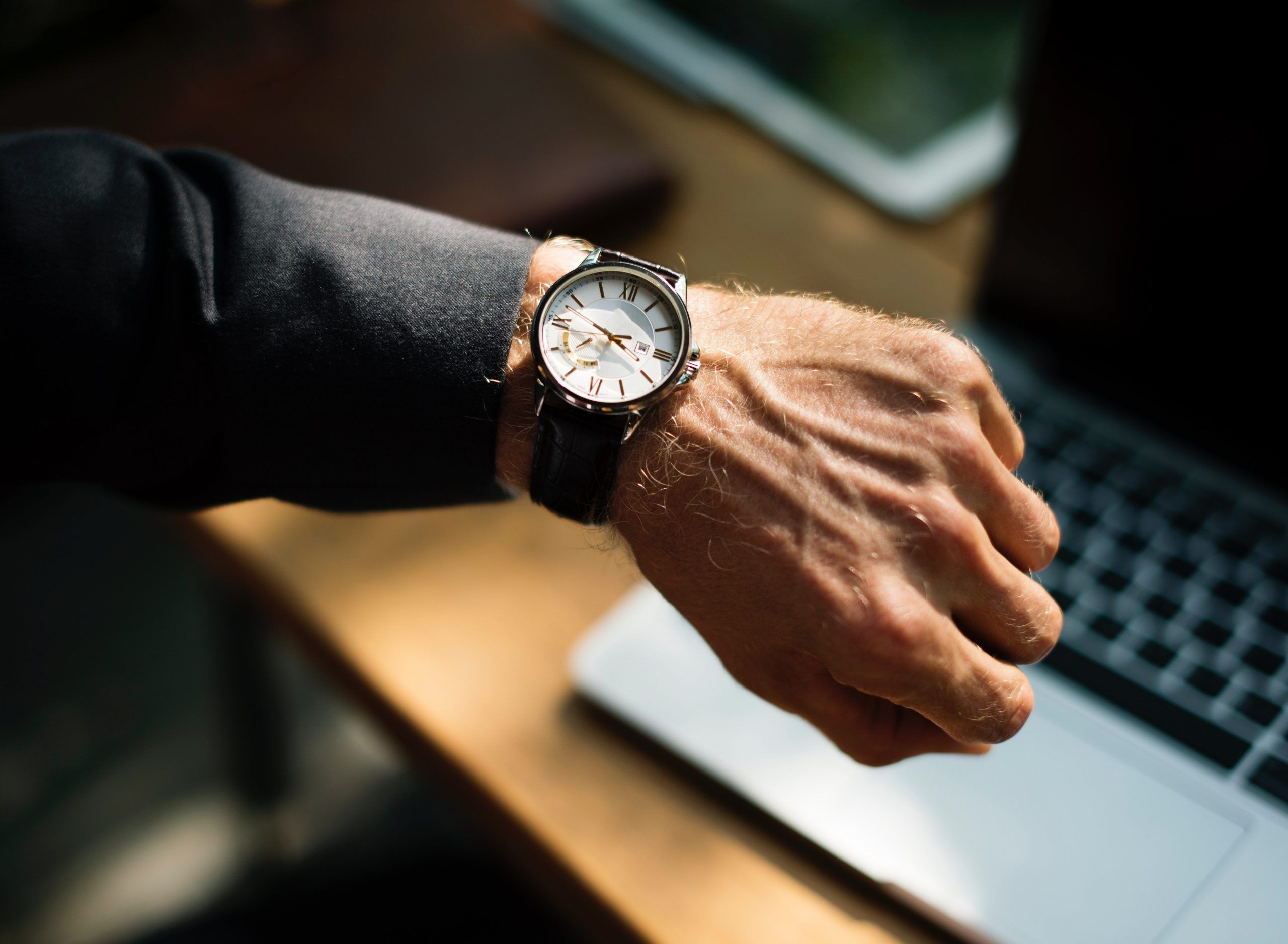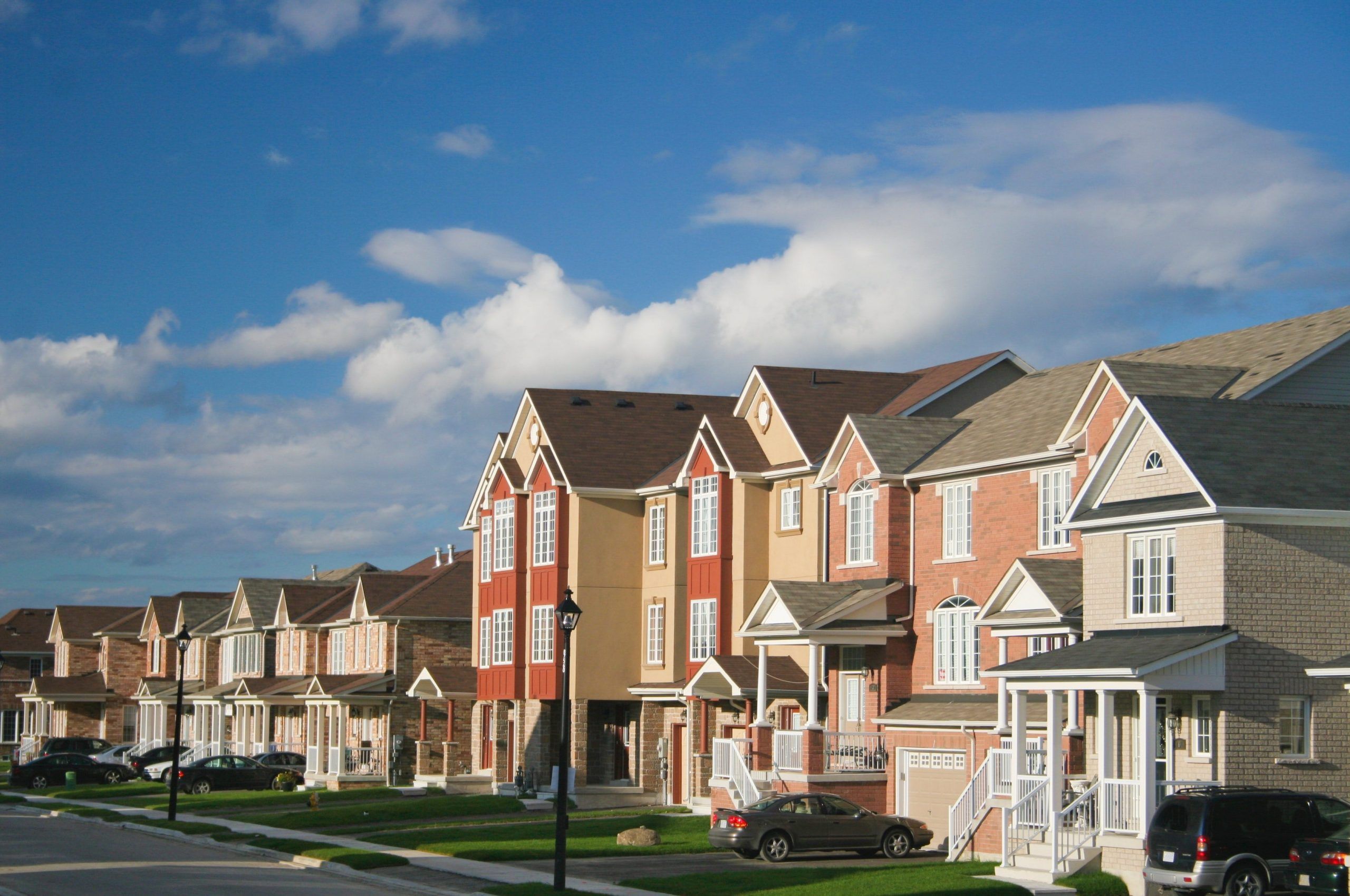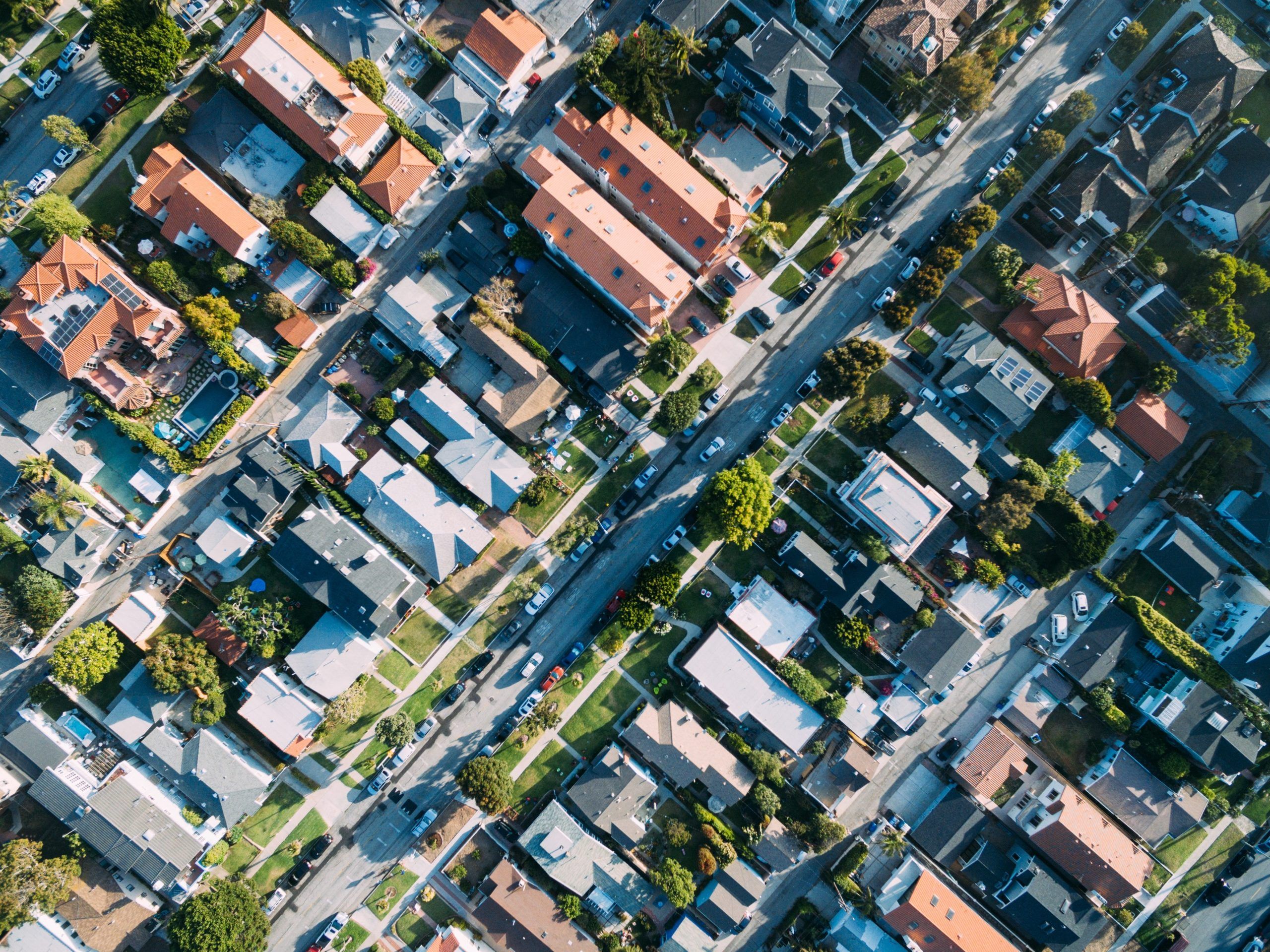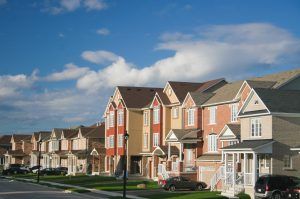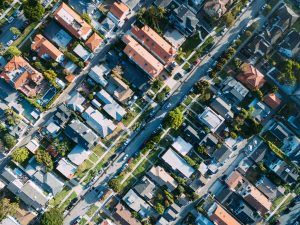A property manager's responsibilities vary quite a bit depending on several factors. Some factors that can affect responsibility include whether the property manager owns the property, what type of property it is, state law, what is in an individual contract/lease and more. The purpose of this guide is to give new property managers a good idea of what to expect.
First, Understand State Law
Every state has different laws that regulate tenants, landlords and property managers alike, and the statutes can be extensive. Some states have more regulations on tenant and property manager maintenance responsibilities while others do not. You must know what insurance a property or tenants need to carry as well.
Know What the Owner Wants
If you do not own the property you are managing, you must follow the wishes of the property owner when it comes to responsibilities not assigned in state or federal statutes. He or she may have already laid out your responsibilities in your management contract or already agreed on maintenance responsibilities with the tenants. A friendly and helpful attitude is necessary for carrying out the wishes of the property owner.
Common Ground
Property managers are generally responsible for maintaining all common ground if they are managing any kind of property other than a single-family home. For example, condo complexes have common ground that belongs to the association rather than any individual unit owner. This can include the landscaping, electrical wiring in the walls, laundry facilities and more.
Major Renovations
For the most part, property managers are required to oversee major renovations and projects. Roof repair is one of the most significant, as redoing the roof is necessary every once in a while, and will affect every tenant living in the building. Property managers are usually responsible for gathering bids, talking to contractors and making professional recommendations to property owners regarding what must be done. The final decision is usually left to the property owner. The manager will then oversee the process and be the liaison between the owner, the contractor and the tenants until the work is done.
Plumbing, Heating and Cooling
In most cases, property managers are responsible for maintaining and repairing at least some aspect of the plumbing. This may consist of plumbing throughout an entire building or just sewer lines leading under common ground. Property managers must also ensure heating and cooling units are functional, maintained and inspected as often as needed.
Regular Maintenance
Basic maintenance, such as clogged gutters, damaged windows, cracked sidewalks and more are something the property manager handles. Expect to get a lot of routine, mundane calls like this and then putting in work orders to get the issues addressed. Taking care of regular maintenance in a timely fashion will endear your tenants to you.
Safety
Anything that is a safety issue is something a property manager is responsible for fixing right away. Most states require that landlords provide a safe environment for their tenants - for example, maintaining and replacing smoke detectors or carbon monoxide detectors. Even if not legally required, it's a smart idea to address potential hazards such as damaged carpeting and stairwells to avoid liability lawsuits.
To ensure your tenants understand their responsibilities and yours, it's important to carefully explain it all to them when going over the lease. For the most part you will be able to rely on experienced contractors or on-site maintenance staff to handle problems. You just need to direct it all.


